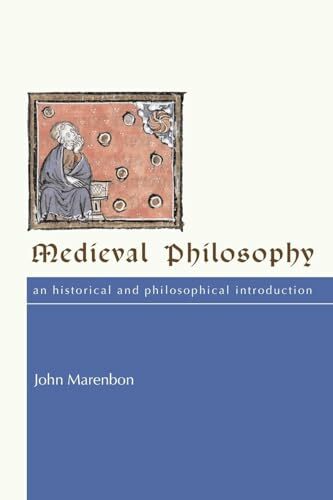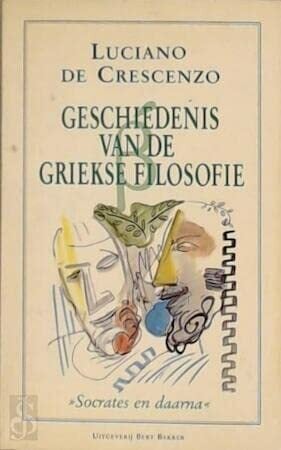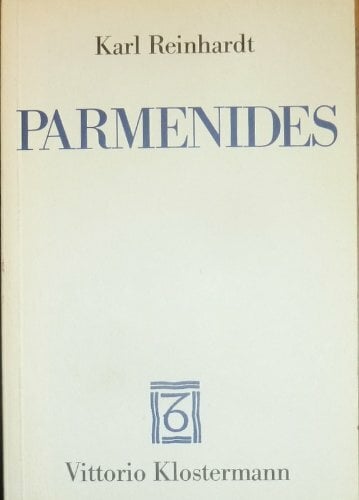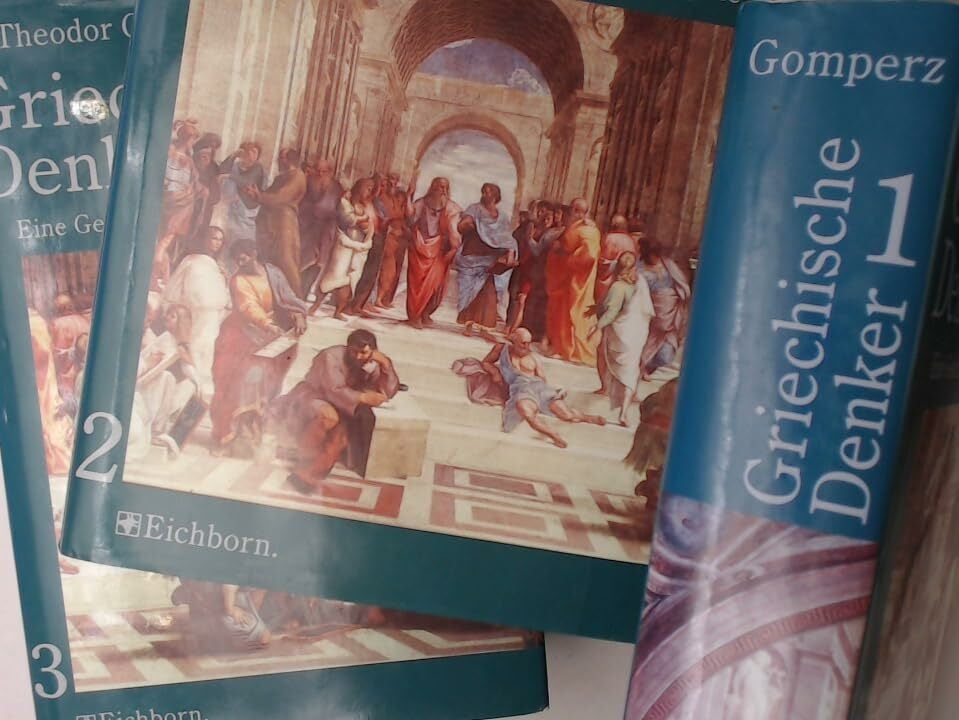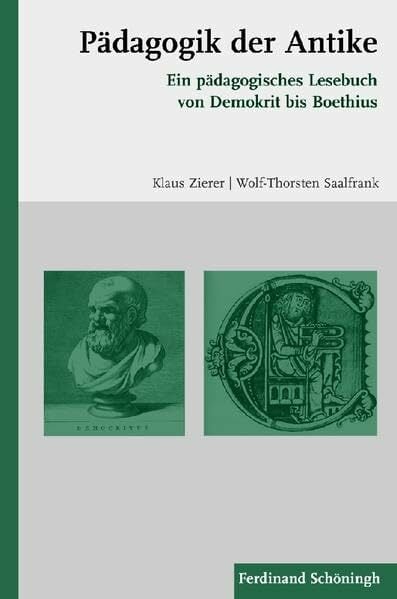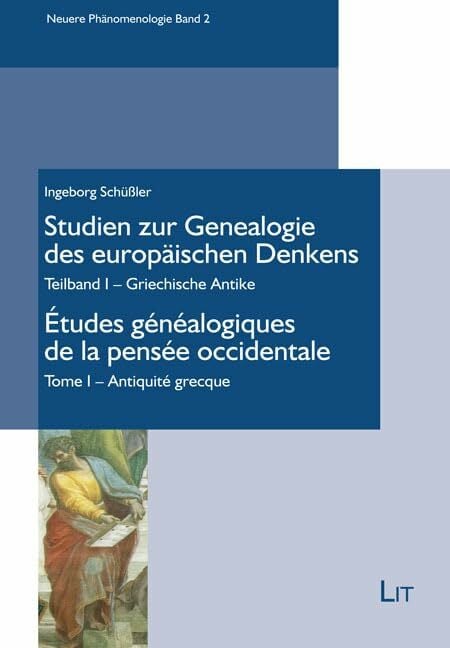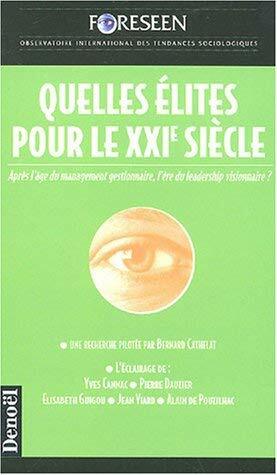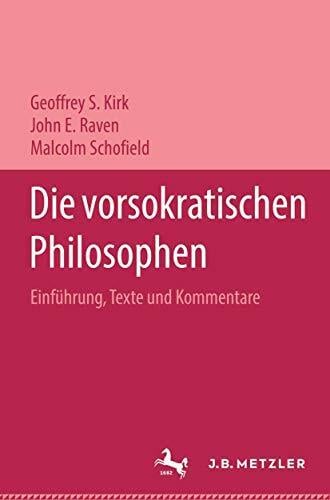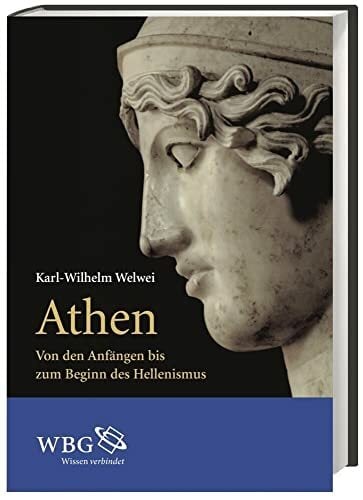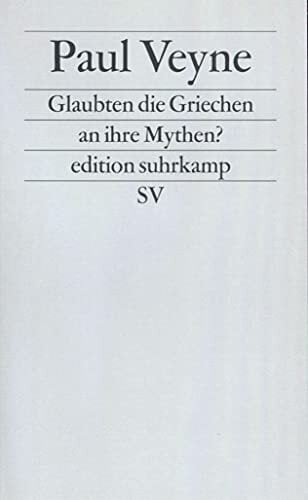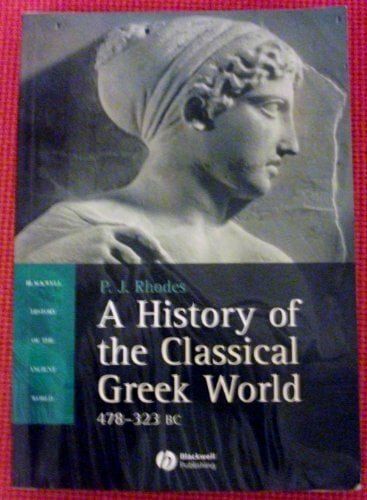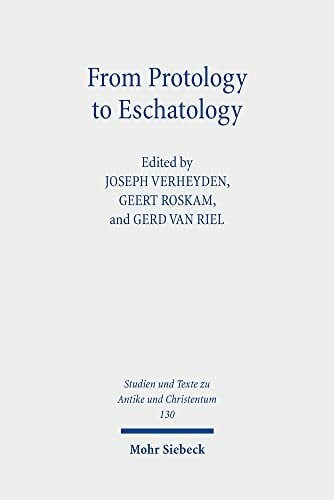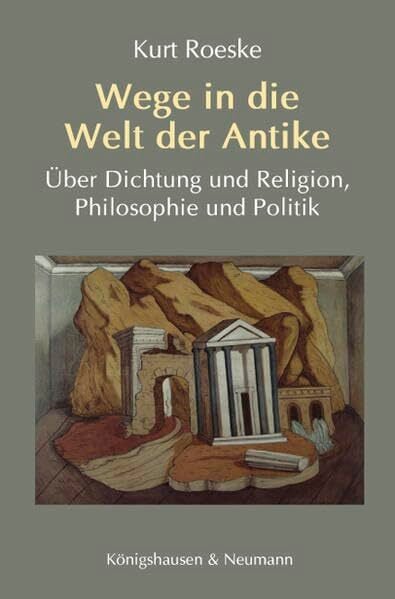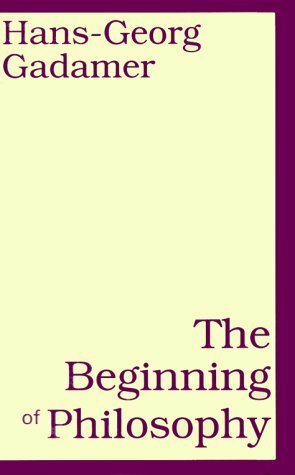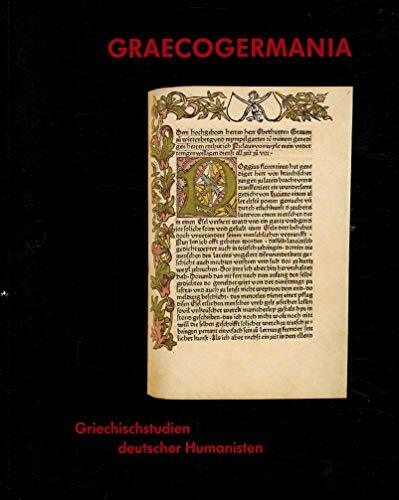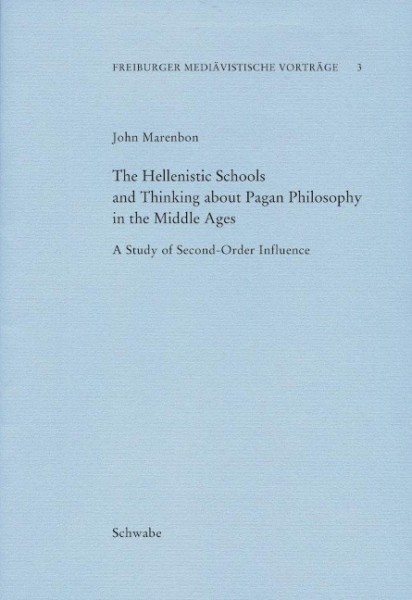
The Hellenistic Schools and Thinking about Pagan Philosophy in the Middle Ages
Kurzinformation
inkl. MwSt. Versandinformationen
Artikel zZt. nicht lieferbar
Artikel zZt. nicht lieferbar

Beschreibung
«One theme central to the second-order influence of ancient on medieval philosophy is the contrast between the classical philosophers' paganism and the medieval writer's own Christian beliefs.» John Marenbon'Second-order influence' is the way in which writers think about previous authors and texts. Central to the second-order influence of ancient philosophy in the Middle Ages are the questions raised for the medieval thinkers by the fact that the ancient philosophers were pagans. These were especially difficult with regard to the thinkers of the Hellenistic schools (Sceptics, Stoics, Epicureans), whose fundamental ideas are more obviously at odds with Christianity than those of Plato and Aristotle. But, contrary to widespread belief among scholars, the Hellenistic philosophers were not simply ignored or rejected in the Middle Ages. This study looks at their second-order influence, especially on Abelard (who has a remarkably sympathetic attitude to Epicureanism), John of Salisbury (a professed Academic sceptic), thirteenth-century authors such as Albert the Great, Aquinas and John of Wales and Dante. It shows how these thinkers devised sophisticated strategies to appreciate and use the wisdom of philosophers whose views on many matters were abhorrent. In the case of Dante, however, it argues that he cast the Epicureans into a new and antagonistic role, as adversaries of human immortality, in order to safeguard.
Produktdetails

So garantieren wir Dir zu jeder Zeit Premiumqualität.
Über den Autor
John Marenbon (born 1955) is a Senior Research Fellow of Trinity College, Cambridge and, since 2010, Honorary Professor of Medieval Philosophy in the University of Cambridge. Educated at Westminster School and Trinity College, Cambridge, he received his B

- paperback
- 1614 Seiten
- Erschienen 1990
- Bantam Doubleday Dell Publi...
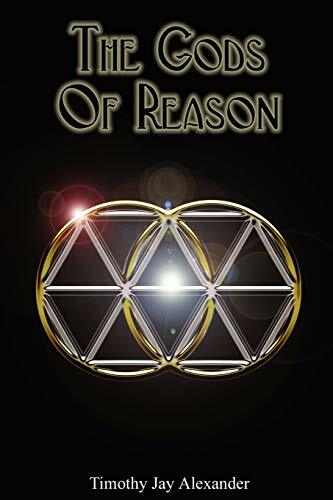
- paperback
- 210 Seiten
- Erschienen 2007
- lulu.com

- paperback -
- Erschienen 1985
- Shambhala Pubns
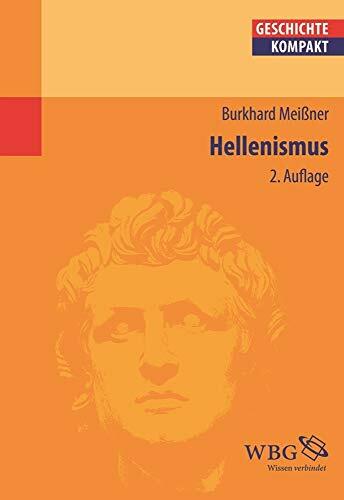
- Hardcover -
- Erschienen 2016
- wbg Academic in Herder
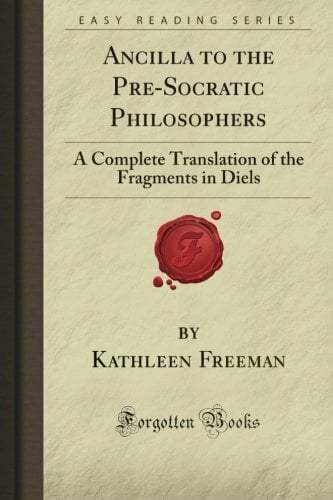
- paperback
- 248 Seiten
- Erschienen 2008
- Forgotten Books

- Kartoniert
- 369 Seiten
- Erschienen 2016
- Peter Lang Group AG, Intern...

- Kartoniert
- 335 Seiten
- Erschienen 2010
- Suhrkamp Verlag
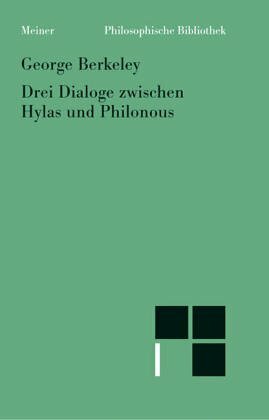
- perfect -
- Erschienen 1980
- Hamburg: Meiner






